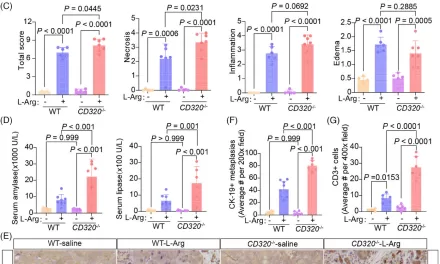Wellington, New Zealand – New Zealand has officially entered the early stages of a whooping cough epidemic, prompting a nationally coordinated response, the Ministry of Health announced on Friday.
Health officials have been closely monitoring pertussis, the bacterial infection commonly known as whooping cough, due to its potential severity, particularly for newborns and older adults. The disease has already claimed the lives of three babies in the past year, highlighting the urgent need for intervention, according to Xinhua news agency.
Rising Case Numbers
The declaration follows a steady rise in cases over recent weeks, with 263 infections reported between October 19 and November 15—the highest four-week total this year. The increase began in September, after earlier spikes in May, June, and July, according to the Institute of Environmental Science and Research.
These escalating numbers meet the threshold for a national epidemic, echoing New Zealand’s last major outbreak in 2017, which persisted for over a year. Public health experts warn that the current epidemic could also endure for months, with high case numbers expected well into 2025.
Nicholas Jones, the Ministry of Health’s Director of Public Health, noted that similar trends are being observed internationally. “Many countries are experiencing record levels of pertussis, possibly due to reduced infection rates during the COVID-19 pandemic,” he said.
High-Risk Groups
Health officials are particularly concerned about vulnerable populations, including infants too young to be immunized, those with delayed vaccinations, and Maori and Pacific communities, who are disproportionately affected by infectious diseases.
Jones emphasized the importance of maternal immunization and timely vaccinations to reduce the severity of outbreaks. “Even in countries with very high levels of immunisation, epidemics still occur every few years. However, the number of babies who get very sick is much lower when mothers have been vaccinated during pregnancy,” Jones said.
Coordinated Response
To combat the epidemic, New Zealand’s Ministry of Health has implemented a nationwide response, urging families and caregivers to prioritize vaccinations. Public health campaigns will focus on raising awareness about whooping cough’s risks and the critical role of immunizations.
Whooping cough, marked by severe coughing fits, can cause complications like pneumonia, brain damage, or even death in severe cases. It spreads through respiratory droplets, making it highly contagious.
Health authorities encourage anyone with symptoms—persistent coughing, difficulty breathing, or vomiting after coughing—to seek medical advice promptly.
As New Zealand braces for a potentially prolonged outbreak, health officials remain committed to safeguarding the nation’s most vulnerable through prevention, awareness, and early intervention.












